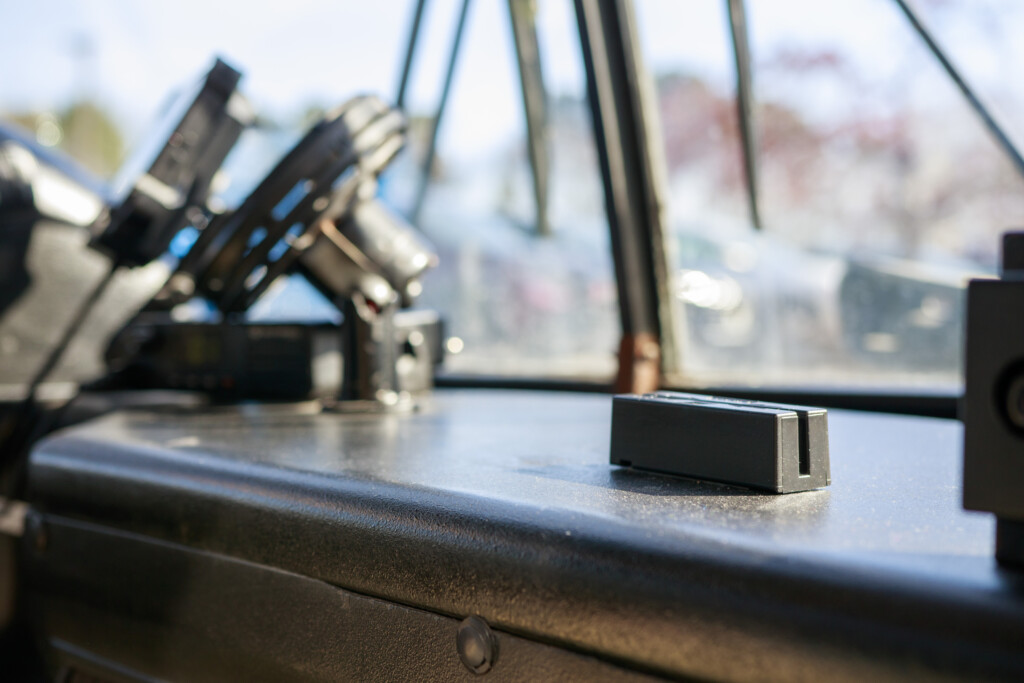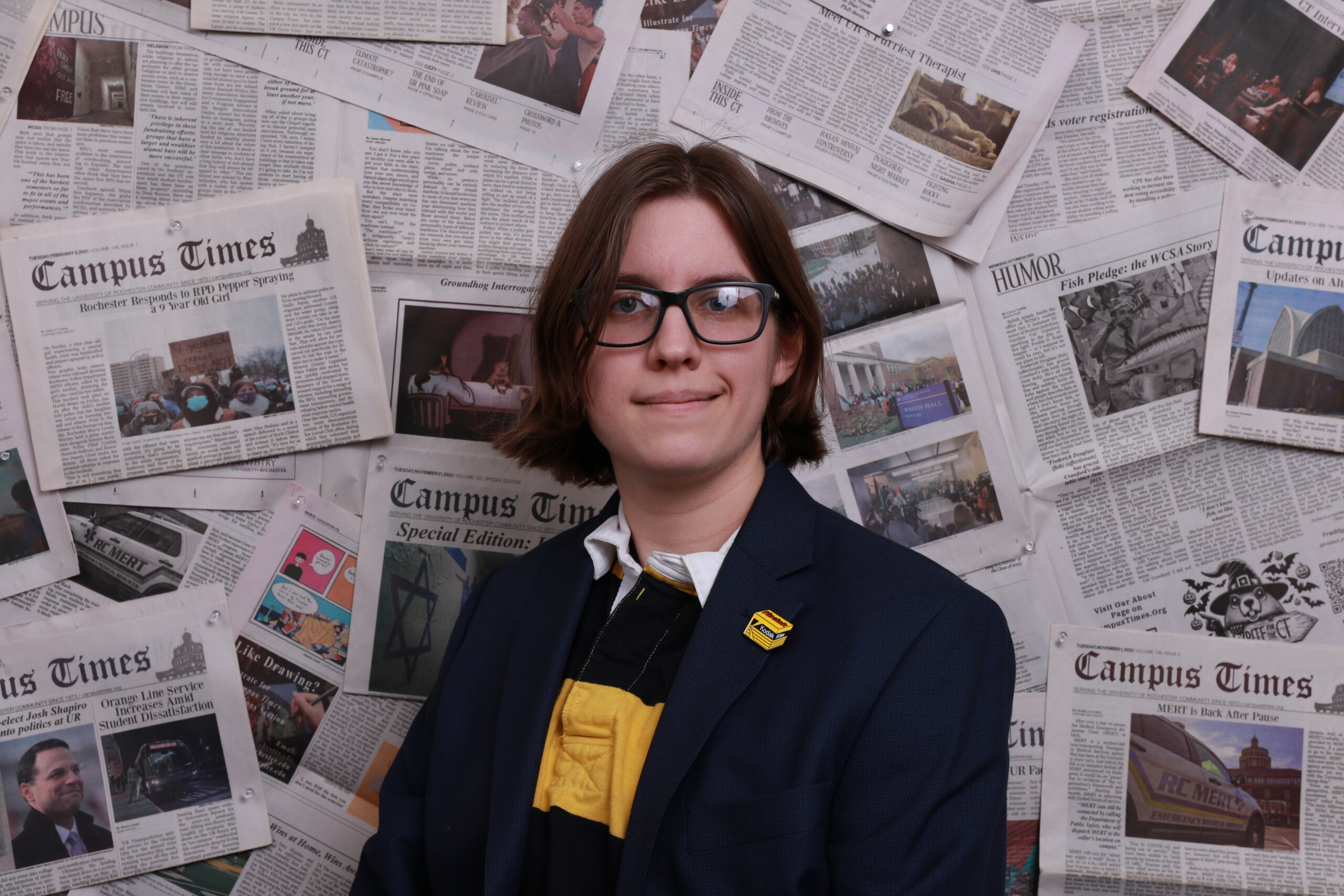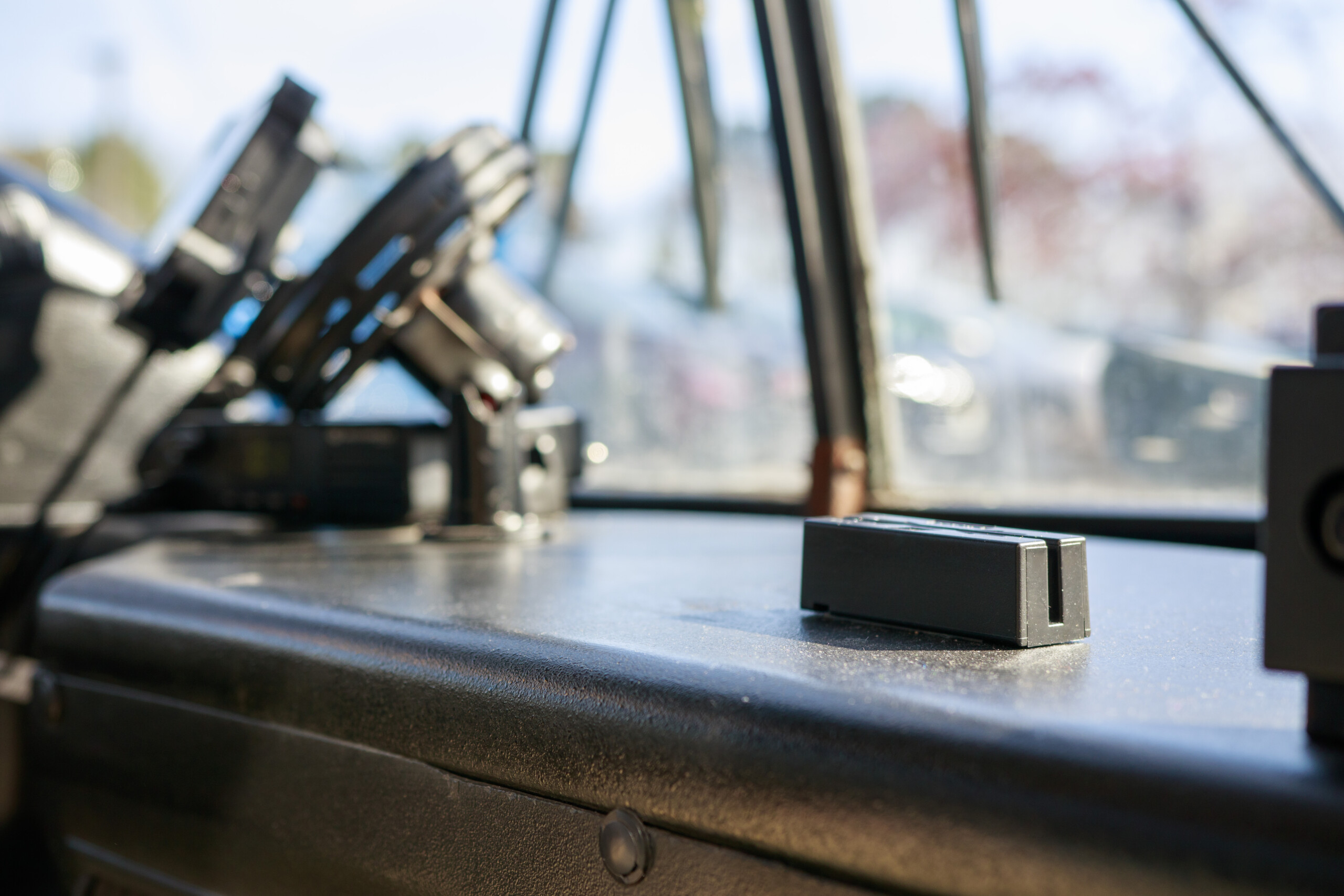The University’s implementation of a new ID-swipe requirement for University shuttle services has been met with resounding concerns by students.
As of Feb. 1, all riders are reportedly required to swipe their ID cards to enter all shuttles, except for the Scottsville remote lot shuttle, a shuttle only for employees, and event charter shuttles.
Previous statements made by Director of Transportation Jim Chodak emphasized data collection as part of the reasoning behind the requirement, to support future improvements to the University’s transportation.
“The data collected will help us analyze the supply and demand of parking and transportation on our campuses, and will inform the current and future transportation needs of the University community,” he said.
Currently, the University’s Department of Transportation intends to develop a “comprehensive, long-term Transportation and Parking plan that coincides with the University’s Master Plan and general vision,” according to Chodak.
Despite inquiries about possible targets for improvement, Chodak did not provide any further information about the plan.
According to a Transportation Advisory Committee meeting held last month, the University intends to send out the master plan “by the end of February.” Work is alleged to begin over the summer and continue into the fall semester.
Following the initial announcement of the change, the Campus Times reached out to a number of students for comment.
A request for student reactions to the changes, put out by Editor-in-Chief Alyssa Koh on Instagram, saw no shortage of reactions, ranging from support to discontent.
Some students praised the new policy as a safety measure, as it in theory ensures that only University students and employees have access to the shuttles. Others hoped for the implementation of new shuttle lines to support student demands, as well as general improvements to the University transportation system.
“Especially for the lines off campus, I always have this fear of a random stranger coming on the bus,” sophomore Fin Trấn said. “But having swipes makes me feel safer.”
The majority of responses expressed concern over general inconveniences, lost and broken ID cards, and the rejection of guest riders. Mandate swipes were derided as being annoying and silly, or met with apathy — or, by some unaware of the update, confusion.
Students such as junior Ainsley Ferron, currently on medical leave, worried about the impact on their ability to get to campus.
“Since I’m on medical leave, I don’t have what is considered an active ID,” Ferron said. “So lots of things normal students have swipe access to, I don’t, and I rely on the Blue Line to get to campus. So I’m hoping if they do ask me to swipe, if it doesn’t work they’ll just let me on anyways.”
Overwhelmingly, however, responses mention an inconsistency in swipe enforcement across all lines.
“It’s very inconsistent, whether or not you actually have to swipe,” said junior Alicia Haar. “Also, on the Green Line, it’s more difficult when you’re carrying groceries.”
Sophomore Joshua Nova-Yingst, agreed. “I actually haven’t had to swipe, and needing to swipe doesn’t seem to make sense. Also, there’s no way to really enforce it so again, what is the point?”
According to Chodak and the Transportation Advisory Committee, the University swipe requirements will be “very flexible during the month of February.” There was no mention of increased enforcement of the policy in later months.
During the Transportation Advisory Committee meeting, questions were also raised about the impact of shuttle swipes on the Rochester community.
Recently, the University has been struggling to recruit staff in part due to the lack of a Regional Transit Service (RTS) stop on campus. As noted in the meeting minutes, “a campus stop is a necessity for service workers,” ensuring a direct, reliable route to campus.
However, RTS had discontinued direct service to River Campus as of May 17, 2021, creating a distinct gap in public transportation service to the University. Although there has been discussion of the University entering talks with RTS to restore a stop behind Rush Rhees, Chodak dismissed the claim.
“We work closely with RTS, but at this time we do not have an update on any new bus line proposals,” he said.
The Campus Times also reached out to first-year Kenneth MacInTyer-Beiter, a Students’ Association Senator and 2026 Class Council President, for further comment on the shuttle swipe policy and future impacts.
He expressed concerns with the University’s decision, especially in regard to the effect on the overall community of Rochester.
“Our representative on the Transportation committee relayed to us that the sole intention for the swipes was to collect data on how much and when each of the shuttles are being used,” he said. “While I agree that this is important, the issue is how this affects people living in Rochester.”
MacInTyre-Beiter firmly believes the shuttle swipe requirement furthers a historical divide between the community of Rochester and the University. The current shuttle system, he said, serves only “a fraction of a fraction of all people living in Rochester.”
“I do think this is an issue, and is indicative of a larger trend from [UR’s] administration to neglect the community of the city we live in,” he said. “I truly hope [UR] considers these issues when making decisions going forward, and hope students voice their feelings about the policy.”



